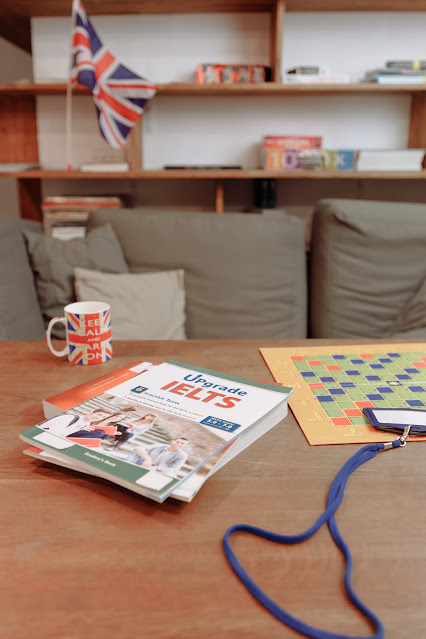Enhancing Your IELTS Speaking: Words and Phrases for Fluency
페이지 정보

Sounding natural and confident when giving your answers for the IELTS speaking test can significantly boost your score. Beyond having a good command of grammar and vocabulary, using certain words and phrases can elevate your speech, demonstrating a higher level of proficiency. Here are some phrases that you can use to help you sound more fluent and natural. Be careful not to overuse words and phrases, however, as it can sound unnatural and memorized if you repeat a phrase too often!
1. Fillers
Filler phrases are the phrases that native speakers sprinkle throughout their conversations to give themselves time to think and digest information before continuing in a conversation. These phrases come across as far more natural than "uh" and "um", which you should avoid at all costs!
"Well, you know..." - Used to initiate or continue a conversation.
"Actually, I think that..." - Introducing an opinion or an idea.
"I mean..." - Clarifying or emphasizing a point.
"In my opinion..." - To express your viewpoint clearly.
2. Synonyms for Common Adjectives and Adverbs
Overusing common adjectives and adverbs can make your speaking sound too repetitive. Try replacing common words with more interesting and unique synonyms.
"Fascinating" instead of "interesting"
"Tremendous" instead of "big"
"Exhaustive" instead of "complete"
"Essentially" instead of "basically"
Never use the word "very". Always replace it with something else. Instead of "very hungry", you are "famished". Instead of "very painful" it is "excruciating". The word "very" is lazy, and can easily be overused.
3. Transition Words and Phrases
Try using some of these phrases to connect the various ideas in your spoken response. Even though they are often used in essay writing, transitions are equally important for spoken English, especially in an academic setting such as the IELTS.
"Furthermore" or "Moreover" - Adding more information.
"On the other hand" - Introducing an opposing viewpoint.
"Consequently" or "Therefore" - Showing cause and effect.
4. Idiomatic Expressions (Use cautiously)
Be careful using idioms. Sometimes students think that they need to use a lot of idioms in order to sound natural. Use idioms sparingly or not at all. Overusing idioms, using them in ways they aren't naturally used, or using archaic or rare idioms can make your speech sound stilted and unnatural.
If you commonly hear an idiom or phrase in your English conversation practice, feel free to use it. If you've only learned it through a textbook, double check that it's not too out-of-date. Nothing can make your speaking sound less natural than using an idiom incorrectly.
5. Phrases to Gain Time to Think
Sometimes you can't think of a response as quickly as you like. Instead of saying "um" or sitting in silence as you pause, try using one of these phrases to give yourself a few seconds to collect your thoughts.
"That's an interesting question."
"I've never considered that before, but..."
"Well, in my experience, I believe that..."
While these phrases are short, they can buy you a few crucial seconds to help you prepare to answer the question more completely.
Conclusion
Mastering these words and phrases will undoubtedly add a natural flair to your IELTS speaking test. However, practice and familiarity with their usage are key. Strive for a balance between clarity, fluency, and the appropriate use of these linguistic tools to maximize your performance.
Remember, while using these words and phrases can enhance your speech, using them incorrectly or excessively might backfire. Practice incorporating them naturally into your speech to ensure fluency and coherence.
If you want to develop your fluency in a very natural and effective way, visit Langclub, a free online English learning community where you can practice your English through fluency-building conversations with people from all over the world!
Good luck with your IELTS speaking test!


